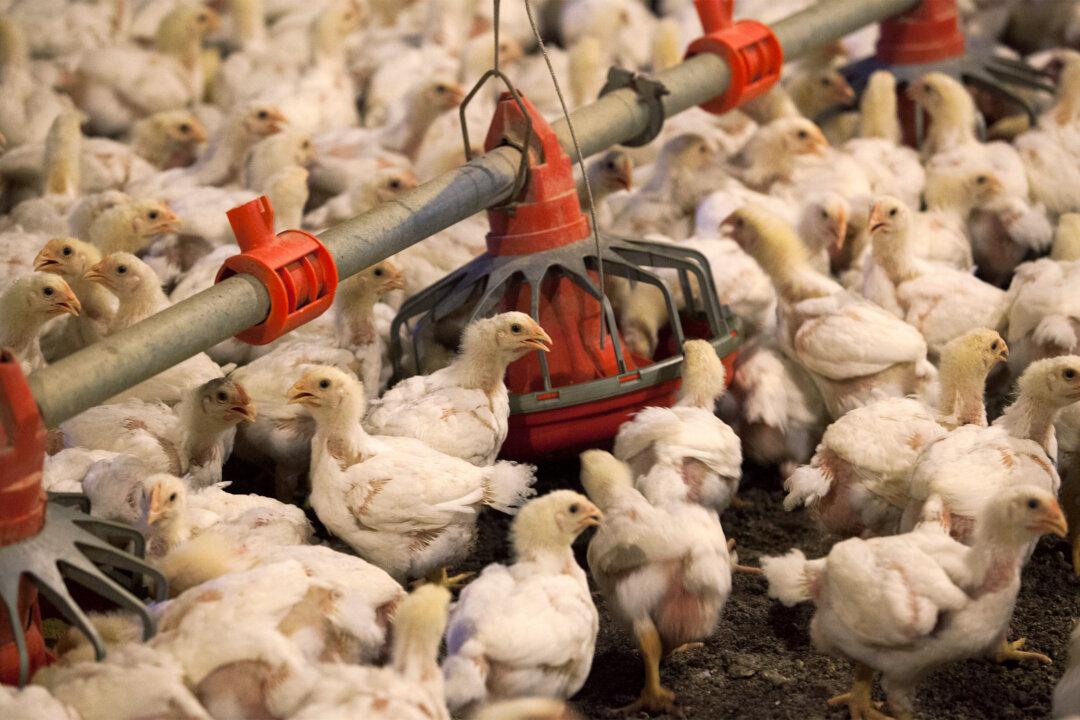CHICAGO—U.S. chicken products are entering China without retaliatory tariffs after Beijing made poultry eligible for exemptions to the extra duties, shippers and an industry group said on Mar. 5.
The additional tariff relief may help China follow through on pledges to significantly increase purchases of American agricultural goods as part of an initial trade deal signed in January. U.S. chicken company Tyson Foods Inc. said it had already seen chicken shipments rise as a result.





